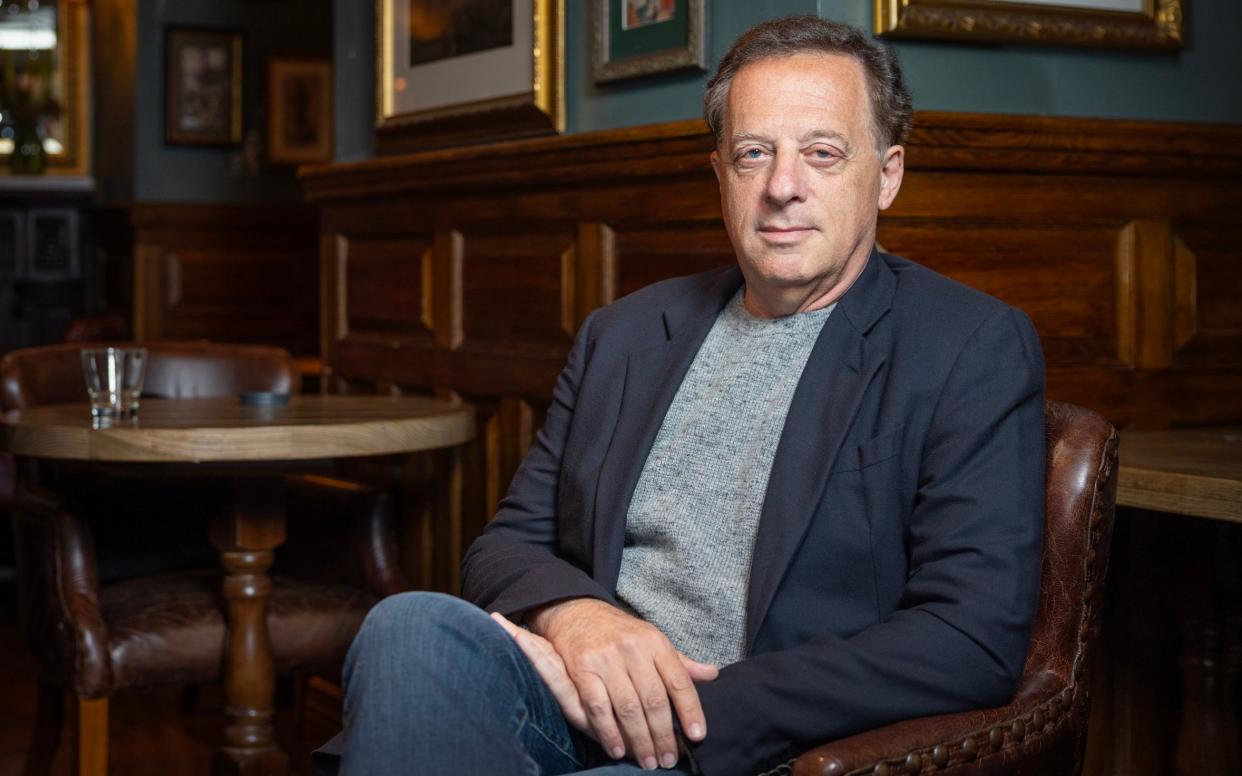BBC licence fee should be means-tested, former chairman suggests

The BBC licence fee should be means-tested, a former chairman of the corporation has suggested.
In his first interview with the BBC since leaving the broadcaster, Richard Sharp said lower-income households could pay “less than those people who are well off”.
Mr Sharp, 68, claimed everybody should be able to consume BBC content and should be subsidised accordingly.
He said the corporation offered far more – with the World Service, news, sport and radio – than rival platforms such as Netflix.
The former chairman suggested there were “opportunities for creativity” to ensure people don’t get “left behind in their opportunities for free media consumption”.
Mr Sharp resigned as chairman of the BBC in April last year after a report into his appointment found he had “failed to disclose potential perceived conflicts of interest”, including his involvement in the facilitation of an £800,000 loan for Boris Johnson, who was prime minister at the time.
Reforms on the agenda
His comments come after Tim Davie, director-general of the BBC, this week announced the corporation’s plans to explore licence fee reform.
Mr Davie floated the idea that wealthier Britons could be made to pay a higher fee, but the Conservatives made clear this would not happen under a Tory government.
The BBC’s deficit is expected to jump to £492 million in the upcoming financial year, more than twice the £220 million shortfall in 2022/23, as it faces a squeeze on its funding. Bosses said the deficit would be covered by cash reserves built up in previous years.
It comes after the Government blocked a planned increase in the licence fee of almost £15, as it warned the BBC had to be “realistic” about what the public could afford. The annual fee will instead rise by £10.50, to £169.50, from next month.
‘Very good value for money’
Speaking on The Today podcast, Mr Sharp said: “I’m old enough to remember The Life of Brian and that scene of, ‘What have the Romans ever done for you?’
“You know, Netflix doesn’t provide sport, Netflix doesn’t provide radio, Netflix doesn’t provide local radio, Netflix doesn’t provide a news website, doesn’t provide World Service or news at all.
“If you look at what the consumer gets for the subscription, on a monthly basis, it is very good value for money.”
Asked if the licence should be means-tested, he said: “I personally am of the view that one of the great things we need to be concerned about is the future changing nature of the media industry.
“What you’re increasingly going to have is consolidation – we saw that with Warner Brothers, Paramount, failing to get together – and then you’re going to have a very strong price control from the oligopolistic players.
“In which case, there is an element where people will be left behind in their opportunities for free media consumption.
“So, I do think the BBC has to be well-enough funded, but in a way that also provides the opportunity for people to get a rich media consumption, who are on lower incomes.
“Naturally, that leads you to a view – it’s a personal view, it’s up to the politicians and government of the day to decide – I do believe there is an opportunity to have some limited differential in terms of how consumers pay for it. Where the lower incomes still have the opportunity to benefit from the BBC at a lower threshold.”
‘Don’t over-complicate it’
He suggested entitlement could be evaluated by broadband or council taxes and added: “Obviously it shouldn’t be over-complicated.
“I think most people would understand the importance, particularly now if you look at the pressures the cost of living has had on lower-income households who are really struggling, they should have the opportunity in their homes to consume BBC content. At potentially a rate that may be less than those people who are well off, but that is an issue not for the BBC management or board.
“The BBC has to be efficient, it has to be well run, and that’s the board’s job to challenge itself constructively, but it shouldn’t be under-funded.
“Within the funding and constraints that are available, I think there are opportunities for creativity.”

